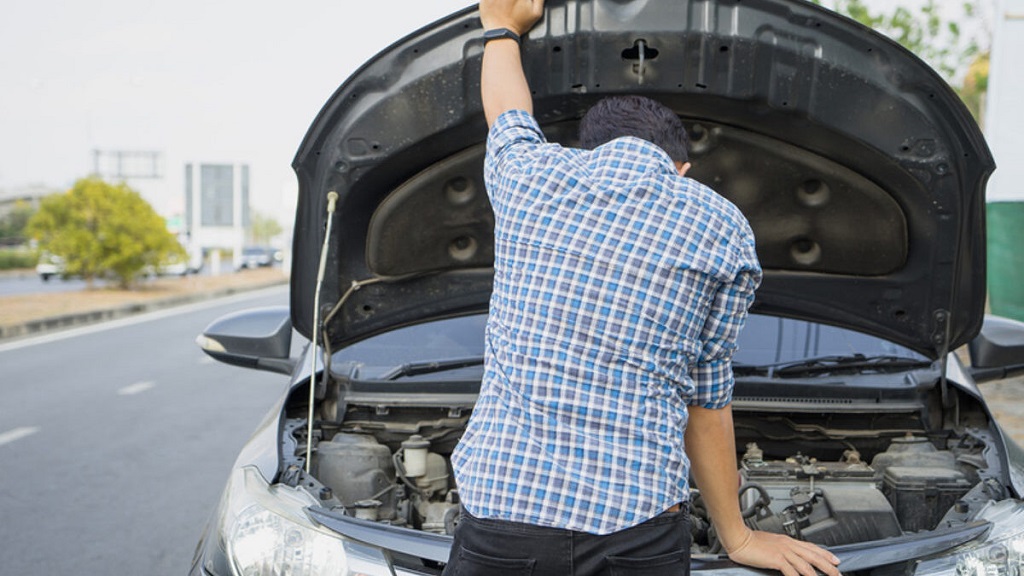Completing routine car maintenance and service is vital to running your vehicle efficiently. However, no matter how careful you are with your car, some issues will still arise.
Overheating is one of the most common problems that drivers encounter. It can be a sign of a serious problem with the cooling system or a hose leak and you need to hire a mechanic Apopka, FL, immediately.
Overheating
Your car’s engine uses contained explosions to propel itself forward, but this process creates a lot of heat that can quickly cause your car to overheat. Your vehicle’s cooling system is designed to regulate your engine temperature and pull hot air away from the engine and into the radiator and water pump. Regular inspections and maintenance can reduce the risk of your engine overheating.
If you notice steam (often looks like smoke) coming from under your hood or the temperature gauge in your driver’s console rising into the red area, pull over and shut off your engine immediately. Be sure to find a safe place to park so you don’t burn your hands or face. You should also be aware of any strange smells, as leaking coolant will have a sweet scent, and leaking oil will have a burnt odor.
Unusual Noises
Whenever your car makes unusual noises, you should take note and have it checked out as soon as possible. While many strange noises can be fixed with preventative maintenance, ignoring the issue and worsening it will result in hefty repair bills later on.
The rattling sounds while driving could mean anything from worn-out brake pads to loose wheel bearings. Hissing sounds could be caused by an AC compressor leak, faulty exhaust valve, or damaged hose while the vehicle is running.
Clunking sounds usually indicate metal components are hitting or rubbing against each other with force, which can be expensive to fix. This noise most likely comes from the accessory belt that drives the power steering pump, air conditioning compressor, and alternator.
Steering Issues
Steering problems make it more difficult to control your vehicle, which is dangerous for drivers and others. Any vibrations or shaking from the steering wheel should be taken seriously and inspected by an auto repair shop as soon as possible to prevent accidents.
Vibrating or shaking from the steering wheel can indicate a problem with one of several components in the car, including the power steering system, wheels or tires, or suspension. If the shaking only happens when you turn, it could be a sign that your tires are out of balance or your wheels are misaligned.
Squeaking or whining noises from the steering wheel suggest a problem with the power steering system and could be due to a worn belt or pump, a faulty hose, or a fluid leak. A mechanic can fix these issues quickly and easily.
Check Engine Light
You can’t ignore the check engine light; you should always get it checked out as soon as possible. The orange, engine-shaped indicator lights up whenever the vehicle’s onboard computer detects something wrong with your car’s emissions system or engine.
Usually, the issue may seem more serious than it is. The car might need a new gas cap to prevent vapor from escaping the fuel system and wasting gasoline.
If the light blinks, though, you have a more serious problem. This can include a spark plug wire that needs replacing, a bad mass airflow sensor, or an issue with your car’s catalytic converter. Getting this problem fixed immediately is necessary to avoid more expensive repairs later.
Battery Issues
Completing routine vehicle maintenance is key to keeping your car running well for years. However, no matter how careful you are, your car will still have issues occasionally. Ignoring these problems can lead to costly repairs and, even worse, a breakdown on the road.
A dead battery is one of the most common vehicle issues. It’s important to keep jumper cables in the trunk and carry around a portable battery booster to get a charge out of your car when it runs low.
Engine sputtering can indicate that your alternator is going bad. This part is responsible for powering your battery and other electrical systems while driving, so it’s best to fix this problem immediately.





